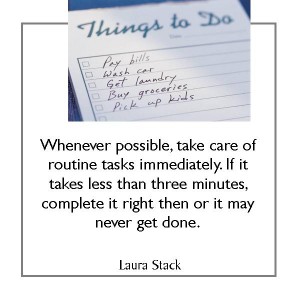
"No one can whistle a symphony. It takes an orchestra to play it." -- H.E. Luccock, former Professor of Homiletics at Yale Divinity School. In 1988, the great Peter Drucker predicted in a famous article, "The Coming of the New Organization," that most organizations would have embraced cross-functionality within 20 years. In contrast to the purely functional ethic defined by Adam Smith and Frederick Taylor, businesses would more readily coordinate and share tasks across all levels, increasing response time for the customer's benefit. As visionary as he was, Drucker missed the boat here. While most business schools do emphasize the cross-functional approach nowadays, relatively few real-world organizations practice it in any significant way. Indeed, corporate training often teaches the … [Read more...]








